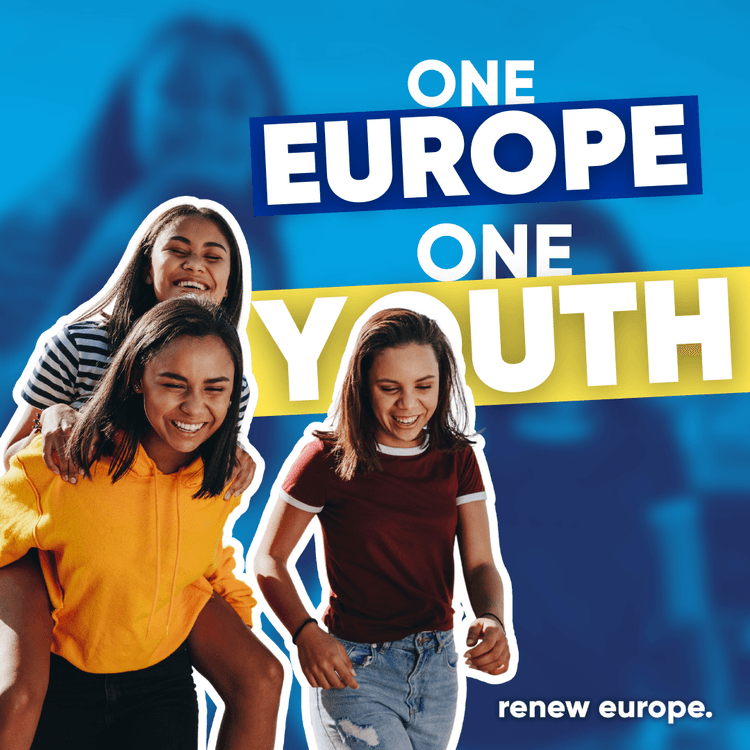
The Renew Europe Group in the European Parliament holds true to its promise to deliver the young generation tangible and efficient solutions to help it recover from the COVID 19 pandemic that has taken its toll on their education, work and mental health.
As 2022 is the European Year of Youth, Renew Europe presents its Call for Action with seven concrete ideas. Firstly, we propose a digital platform that would provide information on opportunities concerning education, jobs, financial aid, mobility programs, advice on setting up a business, volunteering schemes and access to culture.
Renew Europe puts forward other complementary proposals - from the creation of a European civic service to a European culture pass app, from introducing a European Youth Mobility Card to launching a European Mental Support Network for Youth and the creation of a European Youth Office.
The “One Europe, One Youth” debate proposed by our group today in the EP plenary session wants to convince decision makers from the national to the European level that the EU cannot afford to leave its young people behind.
MEP Laurence FARRENG (Mouvement Démocrate, France), leading the “One Europe, One Youth” initiative, says:
“The strength of our democracy depends on the commitment of young people. After the two years of upheaval caused by COVID, we must take care of them, often responding to their distress, but also consulting them and involving them in decisions. This is what we, the MEPs of the Renew Europe Group, commit ourselves to do for this European Year of Youth”.
MEP Dragoş PÎSLARU (USR, Romania), leading the “One Europe, One Youth” initiative, adds:
“Renew Europe is the European face of youth. We are the youngest political family in the European Union, through our members and our ideas and we are firmly dedicated to providing real solutions to all young people, to create access and opportunity for all. At Union level, in national parties, we will prioritize those youth topics that are key for a happy life, such as having a good employment, adequate education and skills, real mobility, adequate support when required for mental health or for social issues and access to culture and personal development.”
